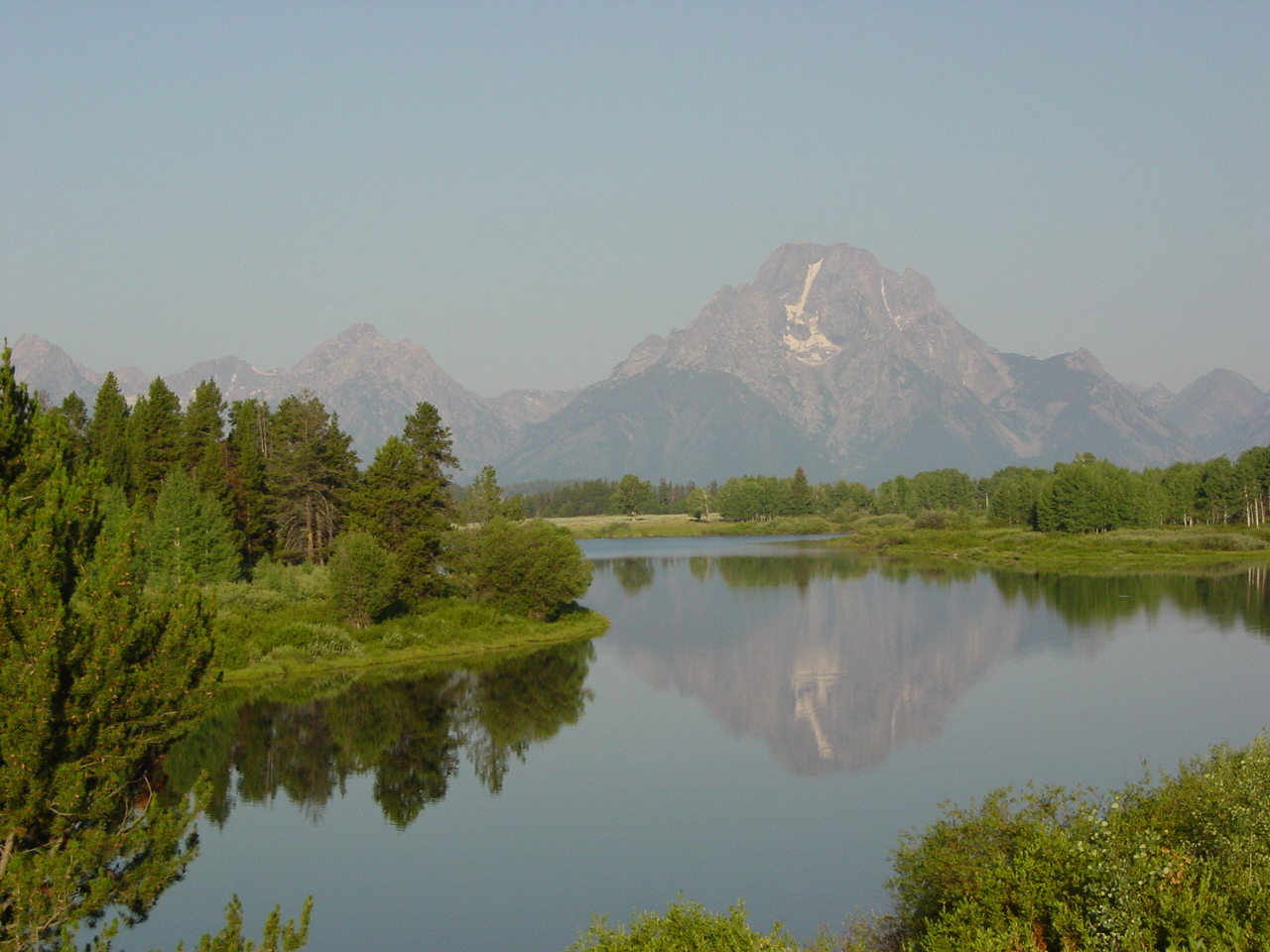In the 19th century and the first couple of decades in the 20th, many Wyoming towns hosted visits from world-renowned actors. Transcontinental air traffic flies overhead bound for either coast, but in those days, all travelers, including theatrical folks, had little choice but to take the fastest land route, the transcontinental railroad. Thus, Union Pacific towns often were treated to performances by individuals who ordinarily would have distained appearing before small town audiences in frontier “opera houses.”
The Cheyenne newspapers in April, 1887, for instance, announced that Edwin Booth, the world famous Shakespearean actor and brother of Lincoln assassin John Wilkes Booth, would be traveling to the West Coast on the Union Pacific. He planned to stop in Cheyenne where his troupe had scheduled one performance of Hamlet.
Booth, whose brother had committed the heinous act on Lincoln 22 years earlier, was at the height of his theatrical career. When he arrived on the evening train, the Cheyenne newspaper reported the event: “Booth arrived in Cheyenne with westbound train to which his elegant special car was attached.” He was met by carriages and the band from Fort D. A. Russell (now Warren Air Force Base) played several numbers. He took up quarters in the fashionable Interocean Hotel, operated by prominent African-American hotelier Barney Ford.
That night, he played Hamlet to an “immense audience.” Crowds came into Cheyenne on special trains from Denver and Laramie to watch the famous actor on stage. The opera house, built by Francis E. Warren in 1882 during the height of Cheyenne’s prosperity as home to cattle barons, was packed, according to contemporary reports.
But with the outstanding cultural event taking place downtown, other less honorable activities were going on in other parts of Cheyenne. The Cheyenne newspaper ran the following item next to the story about Booth’s performance: “The northwestern portion of the city and, in fact, other localities also, appears to be afflicted with chicken thieves.” The article noted that “on Sunday night the chicken fiend broke into Charles Klindt’s chicken house and made away with the balance of his flock, most of it having been stolen before.” The article concluded: “There seems to be no way of obtaining a clue to the marauders.”
While Cheyenne slept (or watched Booth perfotm in Hamlet in the Opera House), nefarious chicken thieves were on the prowl. Both events, now mere footnotes in history, describe a place where the theater may have rivaled similar facilities in major cities for comfort and style, but where local citizens raised chickens in the neighborhoods of the town. Cheyenne, “frontier city,” also held a prominent spot in high culture—at least for that one night in 1887 when a world famous actor, taking a break from a long train journey, decided to appear before local adoring fans.
Ironically, both the building where Booth performed and the hotel where he stayed later burned—the opera house in the early 1900s and the Interocean in one of Cheyenne’s most spectacular fires on New Year’s Eve, 1916.
